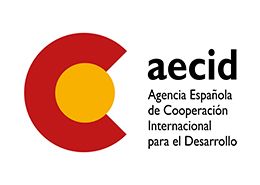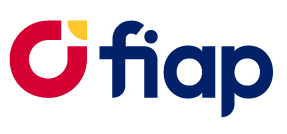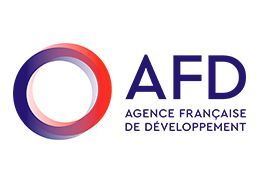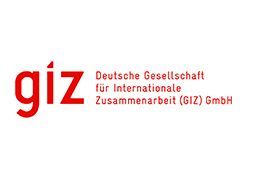How we do it
Euroclima underscores the significance of collaboration and partnership between the European Union (EU) and the Latin America and Caribbean (LAC) countries. Since 2010, it has fostered dialogue, knowledge exchange, and cooperation among governments, institutions, civil society, and the private sector. Through these efforts, the programme has supported countries in developing policies, strategies, and projects that drive climate action.
By joining forces through a Team Europe approach, Euroclima enables stronger coordination among EU institutions, Member States, and financial institutions. This approach facilitates access to expertise, financial resources, and innovative solutions that help scale up successful initiatives and amplify actions across the region. It also allows countries to tackle shared challenges collectively, building on existing best practices to drive effective climate action.
The Programme provides a platform to support bilateral and regional partnerships under the Global Gateway Strategy, focusing on concrete actions that attract investments and drive sustainable development. It is co-founded by the European Union and the German federal government through the Federal Ministry for Economic Cooperation and Development (BMZ).
Through Country Dialogues, Euroclima works with governments and key partners to identify national action plans that align with local, regional, and EU strategies such as the Global Gateway Investment Agenda (GGIA) or the Green Deal. This targeted approach ensures coordinated action and effective implementation that enhances access to climate and green financing while ensuring investment efforts align with environmental, climate, and biodiversity goals.
In addition to the Country Dialogues, regional initiatives address common challenges in LAC, expand national experiences and strengthen cooperation with the EU. One example is the Ibero-American Network of Biodiversity Directors, which promotes private investment in conservation and facilitates the exchange of sustainable strategies.
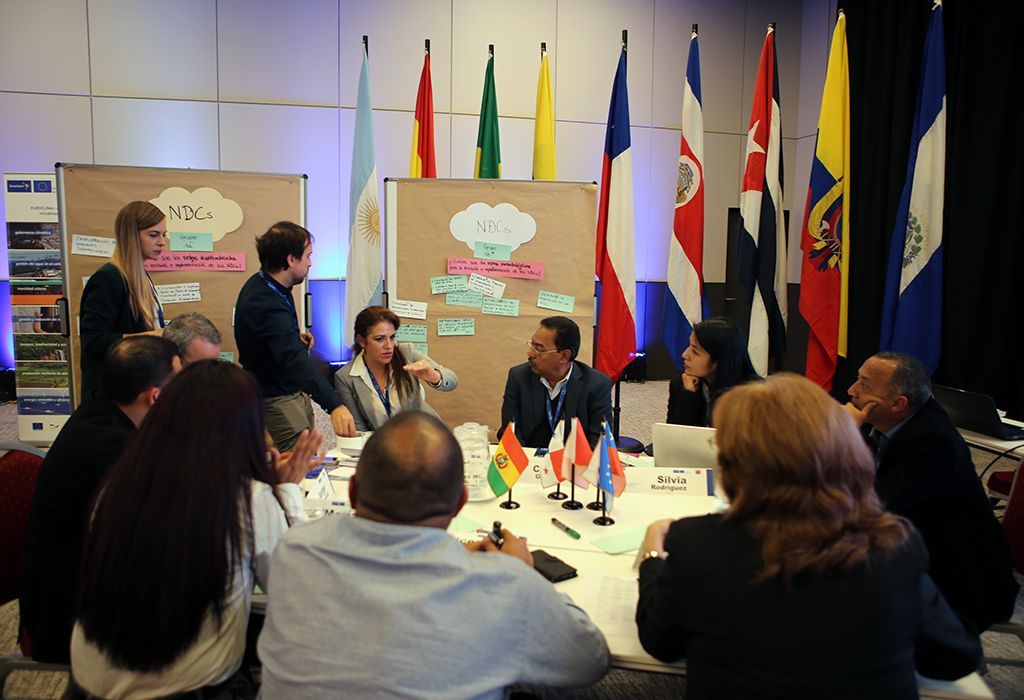
What we do ?
Euroclima supports the Global Gateway pillars and advances shared EU-LAC priorities under the Paris Agreement and the 2030 Agenda by creating:
- Stronger enabling conditions by developing policies, institutions, and governance frameworks to accelerate climate action. In Panama, Euroclima contributed to the Renewable Hydrogen Strategy, creating new policies and incentives for decarbonisation.
- Scalable transformative models by piloting innovative projects and fostering collaboration to replicate successful solutions. Euroclima supports sustainable agriculture in Colombia while protecting biodiversity through a zero-deforestation food production initiative.
- Improved access to sustainable financing by facilitating capacity building and financial mechanisms to attract investment. The ArticuLAC network strengthens public-private collaboration to mobilise climate finance.
- Inclusive dialogue through EU-LAC exchanges, regional cooperation, and knowledge sharing. The Sargassum Conference in Grenada, supported by Euroclima, exemplifies this by advancing coordinated action for sustainable sargassum management.
The Caribbean joined the Programme in 2023, forming a single regional initiative, and exchanges between Latin America and the Caribbean are advancing to achieve objectives more swiftly and coherently.
Euroclima aligns its actions with the Global Gateway Strategy, focusing on priority areas that drive sustainable and inclusive development:
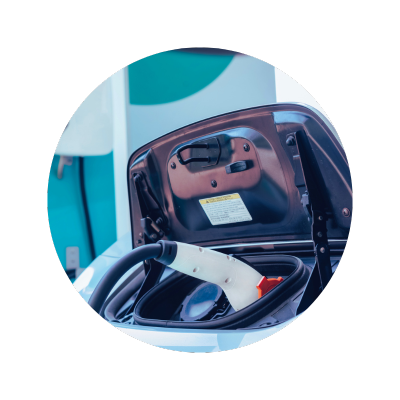
Urban mobility (including e-buses and railways)

Water management (including Pollution (rivers))

Energy transition (including regional electric market, energy storage and renewable Hydrogen)

Disaster Risk Management

Biodiversity and ecosystems (including Nature-Based Solutions, Biodiversity Credits)

Sustainable and climate finance (including Access to finance, sustainable finance frameworks, carbon markets, green and blue bonds, private sector engagement)

Bioeconomy, sustainable food production (including deforestation-free value chains and Sargassum)
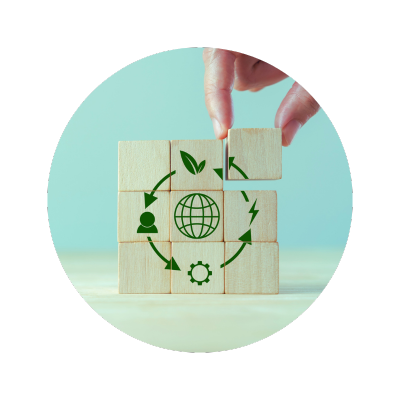
Circular economy
Implementing agencies
Euroclima is implemented in the spirit of Team Europe and through the synergistic work of eight agencies from EU Member States and the United Nations:
|
|
|
AECID, attached to the Ministry of Foreign Affairs, European Union and Cooperation, is the agency responsible for the promotion, programming, operational coordination, management and execution of public policies of Spanish cooperation for sustainable development. Together with its partners, it is present in more than 30 countries through its network of 32 Spanish Cooperation Offices, 16 cultural centres, and 4 training centres. |
|
|
|
|
|
|
|
The French Development Agency (AFD) finances, accompanies and accelerates transitions towards a fairer and more sustainable world. Climate, biodiversity, peace, education, urban planning, health, governance... Our teams are involved in more than 4,200 projects in the Overseas Territories and in 150 countries. In this way, we contribute to France's commitment to meeting the Sustainable Development Goals. |
|
|
|
GIZ works with its partners to develop effective solutions that offer people better prospects and sustainably improve their living conditions. GIZ is a public-benefit federal enterprise and supports the German Government and a host of public and private sector clients in a wide variety of areas, including economic development and employment promotion, energy and the environment, and peace and security.
|
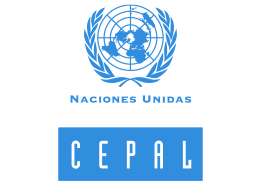
The Economic Commission for Latin America and the Caribbean (ECLAC) is one of the five regional commissions of the United Nations. It was founded to promote economic and social development in the region, foster cooperation among the countries of Latin America and the Caribbean and strengthen their economic ties with the rest of the world. Its work is aimed at promoting inclusive, equitable and sustainable development.
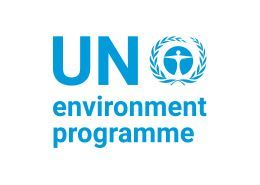
|
The United Nations Environment Programme (UNEP) is the world's leading voice on the environment. It provides leadership and fosters partnership in caring for the environment by inspiring, informing and enabling nations and peoples to improve their quality of life without compromising that of future generations.
|
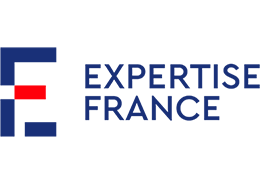
It is the French public agency for international technical cooperation, part of the AFD Group (French Development Agency). It is the second largest agency in Europe and is responsible for designing and implementing projects that sustainably strengthen public policies in developing and emerging countries.
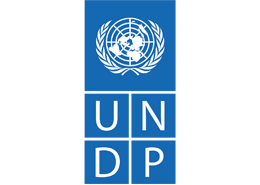
UNDP is the lead UN agency fighting the injustice of poverty, inequality and climate change. Working with a broad network of experts and partners in 170 countries, UNDP helps nations develop integrated and sustainable solutions for people and the planet.

